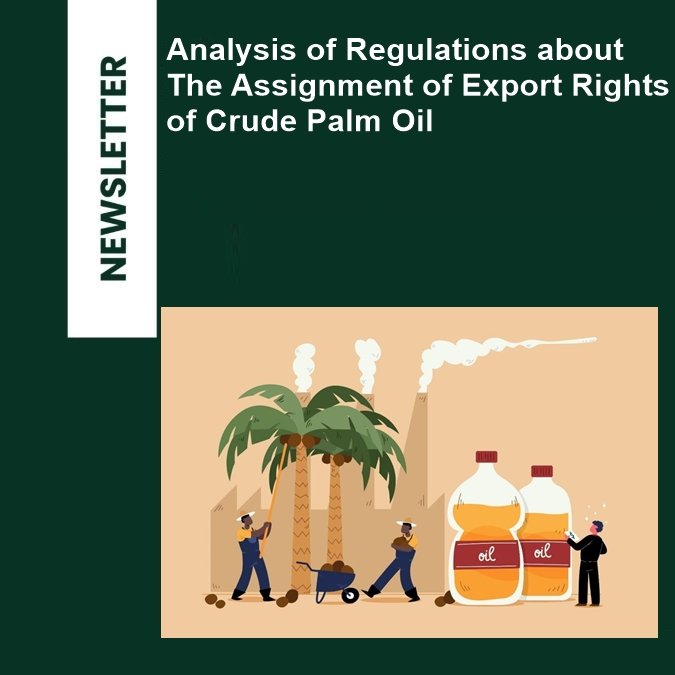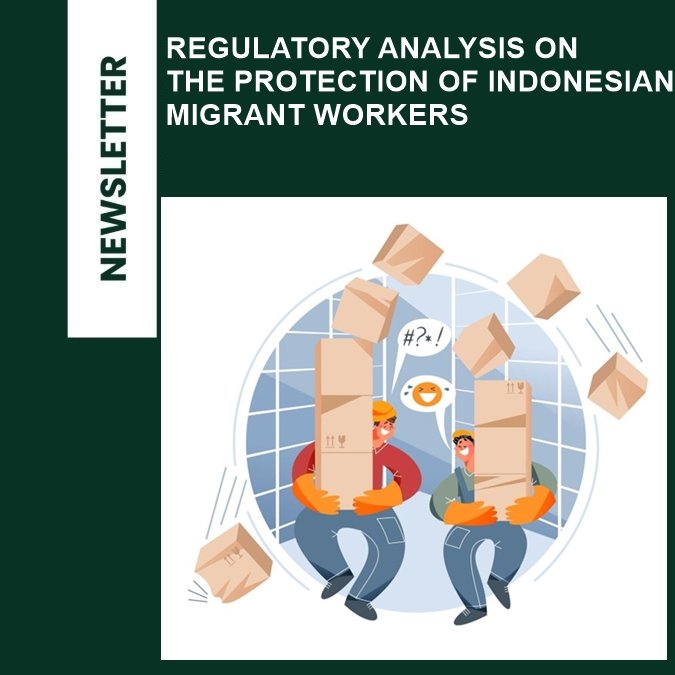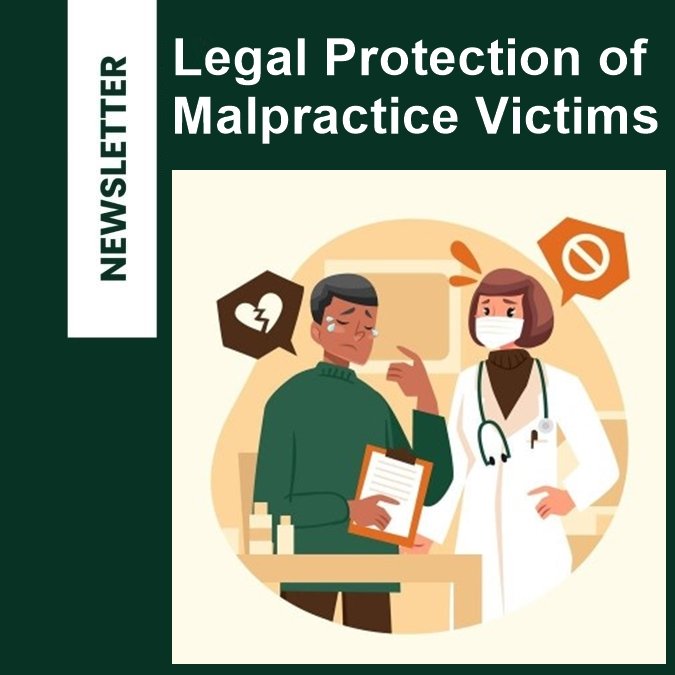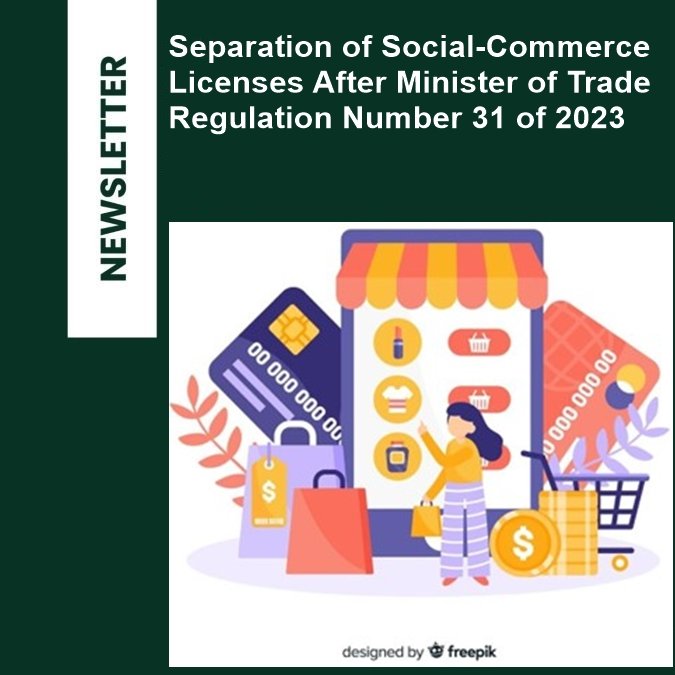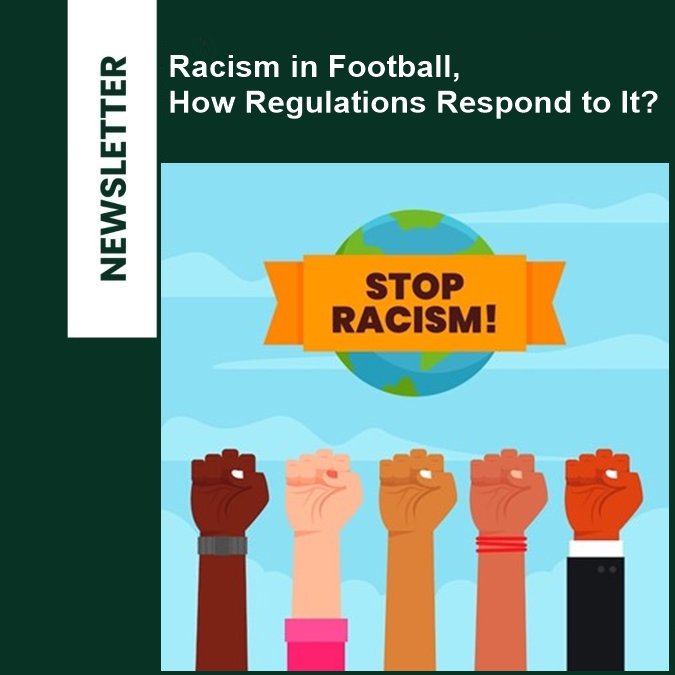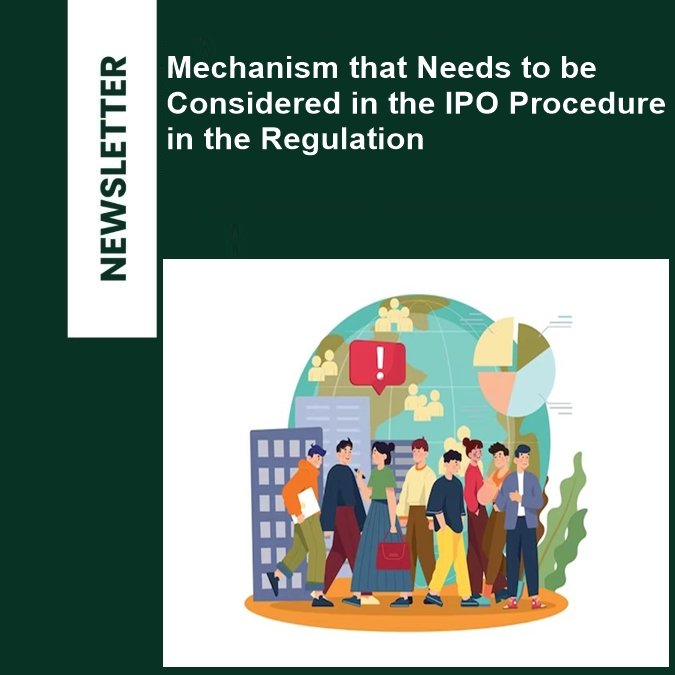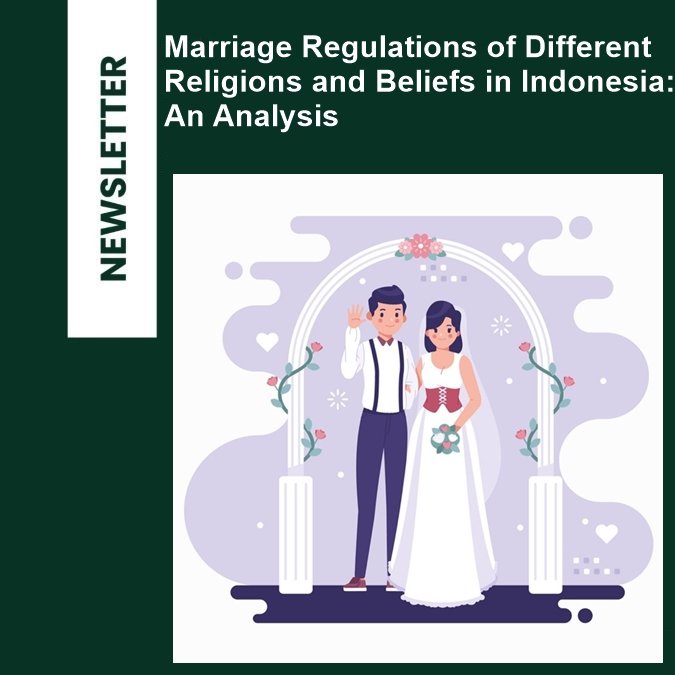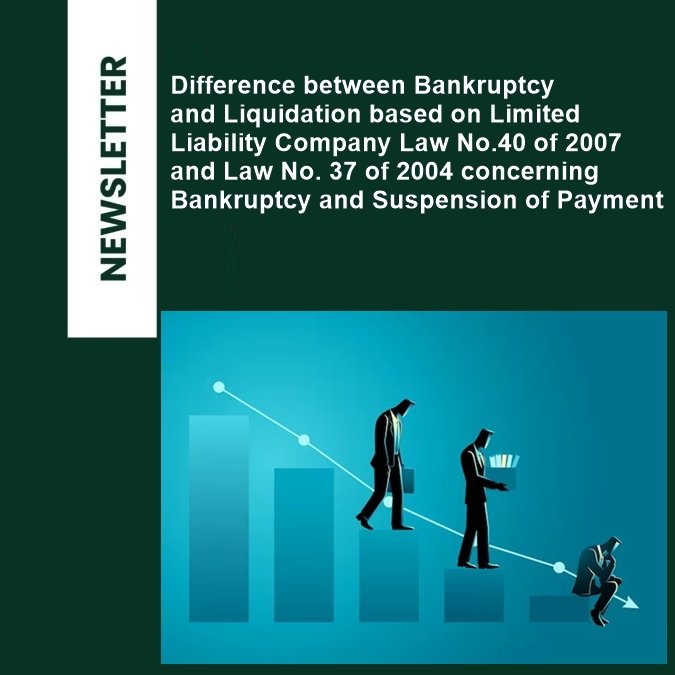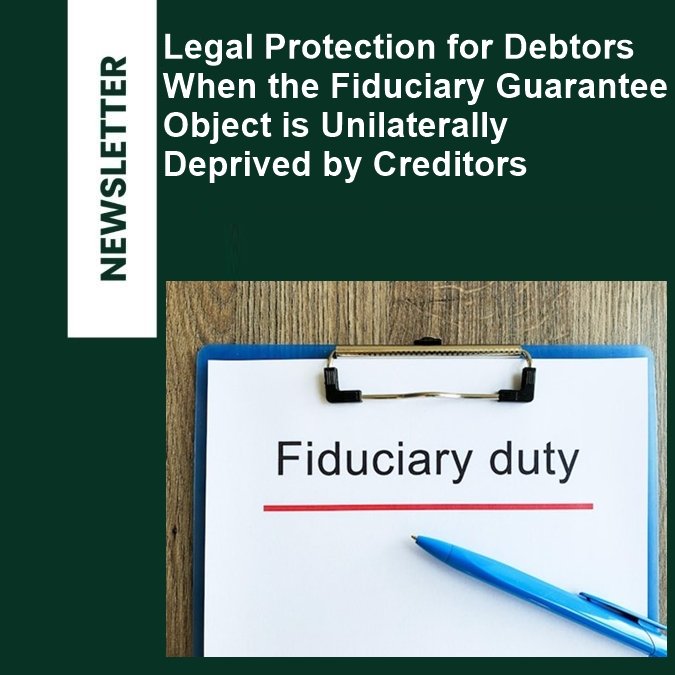Analysis of Regulations about The Assignment of Export Rights of Crude Palm Oil
Image source: https://www.freepik.com/free-vector/hand-drawn-palm-oil-producing-industry- concept_12212034.htm#fromView=search&page=1&position=2&uuid=b142f23f-53cb- 4d22-9bf1-7165c9b2434e From: A.M Oktarina Counsellors at Law Contributors: Ethania Surinitulo Duha, S.H., Poppy Putri Hidayani, S.H., L.L.M., Pramudya Yudhatama, S.H. Reviewer: Noverizky Tri Putra Pasaribu, S.H., L.L.M (Adv). A. Background Nowadays, of course we are familiar with the export-import mechanisms that are commonly used between countries. This certainly creates new challenges. One of them is the policy of transferring export rights. Is this allowed under Indonesian law? We need to look at the regulations, which is the object of transfer, namely Crude Palm Oil (“CPO“). Of course, considering practice and field implementation, this becomes a new challenge and question. Can this be done? What do you need to pay attention to? Legal Basis Law Number 10 of 1995 concerning Customs jo. Law Number 17 of 2006 concerning Amendments to Law Number 10 of 1995 concerning Customs; (“Law No.17/2006“) Law Number 7 of 2014 concerning Trade jo. Law Number 6 of 2023 concerning the Stipulation of Government Regulations in Lieu of Law Number 2 of 2022 concerning Job Creation into Law; (“Law No.7/2014“) Minister of Trade Regulation Number 19 of 2021 concerning Export Policy and Regulation jo. Minister of Trade Regulation Number 2 of 2022 concerning Amendments to Minister of Trade Regulation Number 19 of 2021 concerning Export Policy and Regulation jo. Minister of Trade Regulation Number 8 of 2022 concerning the Second Amendment to Minister of Trade Regulation Number 19 of 2021 concerning Export Policy and Regulation jo. Minister of Trade Regulation Number 12 of 2022 concerning the Third Amendment to Minister of Trade Regulation Number 19 of 2021 concerning Export Policy and Regulation; (“Minister of Trade Regulation Number 19/2021“) Minister of Trade Regulation Number 50 of 2022 concerning Export Provisions for Crude Palm Oil, Refined, Bleached and Deodorized Palm Oil, Refined, Bleached and Deodorized Palm Olein, and Used Cooking Oil. (“Minister of Trade Regulation Number 50/2022“) Based on the definition of export, it can be concluded that the activity of exporting goods can be carried out by anyone, both by business entities and individuals. The party carrying out the export activity can be called as the exporter. The definition of export can be seen in Article 1 number 16 of Law No.7/2014 and Article 1 number 14 of Law No.17/2006 which explains that: Article 1 number 16 of Law No.7/2014: “Export is the activity of removing goods from the Customs Area.” Article 1 number 14 of Law No.17/2006: “Export is the activity of removing goods from the customs area.” There are several types of goods that require business licenses in the export sector issued by the Minister of Trade. One of a kind of goods that requires business licensing in the export sector to be exported abroad is CPO. As explained in Article 3 paragraph (1) of Minister of Trade Regulation Number 50/2022 that: Article 3 paragraph (1) of Minister of Trade Regulation Number 50/2022: “The export of CPO, RBDPO, RBDPL, and UCO as referred to Article 2 is carried out by Exporters who have obtained Business Licenses in the Export sector in the form of Export approvals.” Export approval as referred to Article 3 paragraph (1) of Minister of Trade Regulation Number 50/2022 is issued based on export rights, as explained in Article 4 paragraph (1) of Minister of Trade Regulation Number 50/2022 that: Article 4 paragraph (1) of Minister of Trade Regulation Number 50/2022: “The issuance of Export approval as referred to Article 3 is based on Export Rights.” Getting to know more about export rights, the definition of export rights itself is contained in Article 1 number 13 of Minister of Trade Regulation Number 50/2022 which explains that: Article 1 number 13 of Minister of Trade Regulation Number 50/2022: “Export Rights are rights owned by business actors that are the basis for applying for Export approval.” So, business entities or individuals cannot export CPO if they do not have export rights. However, can the export rights be transferred to another entities? Then, how does it work? Based on Article 5 paragraph (1) and Article 5 paragraph (2) of Minister of Trade Regulation Number 50/2022 explains that: Article 5 paragraph (1) of Minister of Trade Regulation Number 50/2022: “Export rights as referred to Article 4 paragraph (2) letter a, letter b, and letter c can be transferred to other parties.” Article 5 paragraph (2) of Minister of Trade Regulation Number 50/2022: “Export Rights Owners can apply for the transfer of Export Rights as referred to paragraph (1) electronically to the Director General through SINSW, by filling in the data electronically and uploading the requirements in the form of scans of the original documents of the cooperation contract.” Looking at the provisions above, it can be seen that export rights can be transferred to another entities by submitting an application for transfer of export rights to the Director General of Foreign Trade through Sistem Indonesia National Single Window (“SINSW”). However, the transfer requires an agreement between the parties as a condition for the transfer of export rights. If the application for transfer of export rights is approved, the Director General of Foreign Trade will submit the results through the electronic media SINSW. Then, the export rights that have been transferred are no longer transferable and can be used as the basis for issuing export approvals. Such as explained in Article 5 paragraph (6), paragraph (7), and paragraph (8) of Minister of Trade Regulation Number 50/2022 that: Article 5 paragraph (6) of Minister of Trade Regulation Number 50/2022: “Based on the application as referred to paragraph (2), the Director General submits the results of the decision on the transfer of Export Rights in writing through electronic media to the National Single Window Institution to be a reference to SINSW in
Analysis of Regulations about The Assignment of Export Rights of Crude Palm Oil Read More »

